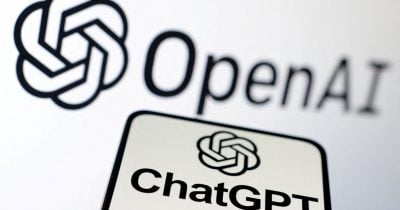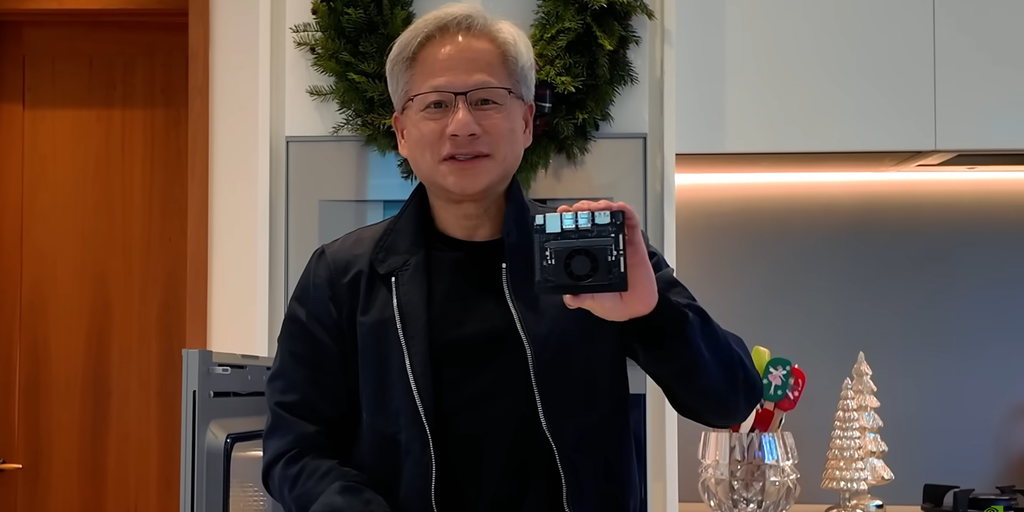Elon Musk sued OpenAI over its for-profit shift, but OpenAI points to his 2017 push for the transition.

Photo: Dado Ruvic
Key Takeaways
- OpenAI claims Elon Musk pushed for a for-profit model from the organization's early days.
- Musk's proposal to merge OpenAI with Tesla was declined, leading to his resignation as co-chair.
OpenAI responded to Elon Musk’s lawsuit with a blog post claiming the Tesla CEO advocated for the organization’s transition to a for-profit structure from its early days.
The post details emails and events from 2015 showing Musk’s role in shaping OpenAI’s direction.
According to OpenAI, Musk questioned the initial nonprofit status and pushed for a profit-driven model, establishing a public benefit corporation in 2017 as a future framework.
The organization said Musk demanded majority equity, unilateral control, and the CEO position as conditions for the transition.
OpenAI rejected these terms to prevent AGI development from being controlled by a single individual.
The company revealed that Musk proposed merging OpenAI with Tesla in 2018, warning of “certain failure” unless the organization joined his electric vehicle company.
Musk resigned as co-chair after the merger proposal was declined.
The dispute emerged after Musk, who co-founded OpenAI in 2015, filed a lawsuit challenging the organization’s 2019 shift to a capped-profit model. OpenAI maintains the change was necessary to secure AGI development funding.
“You can’t sue your way to AGI,” OpenAI stated in its post, as the legal battle intensifies amid competition from Musk’s xAI venture. “Our mission is to ensure AGI benefits all of humanity,” the organization added.
Disclaimer
 1 week ago
7
1 week ago
7








 English (US) ·
English (US) ·